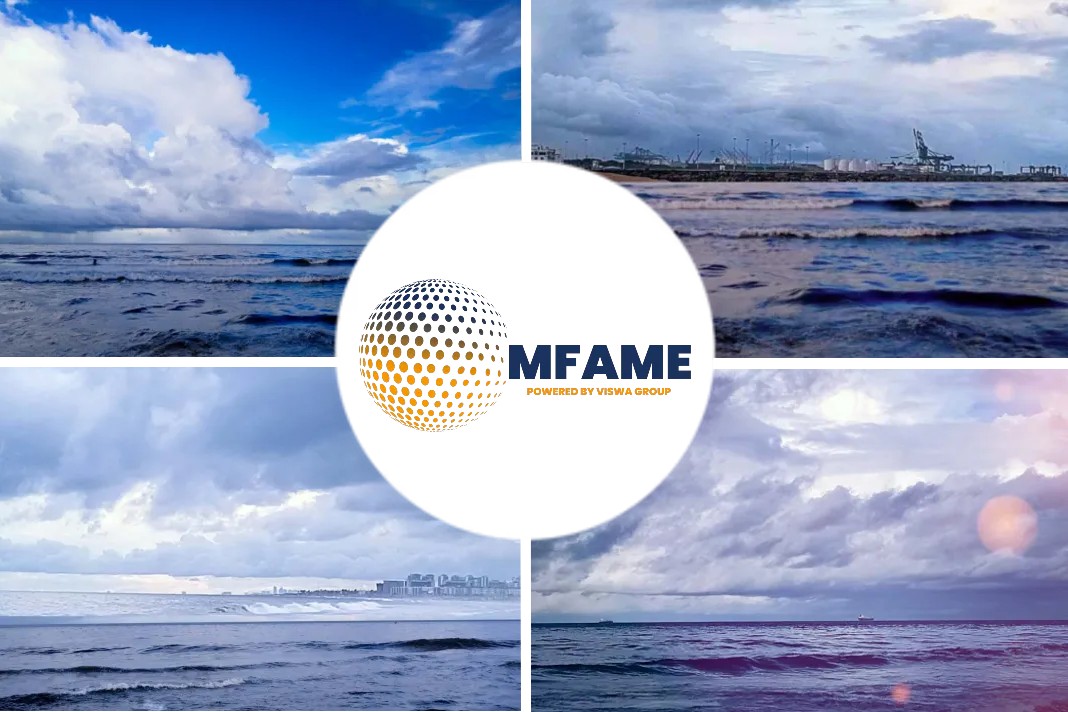- Container ship Malik Arctica, part of the Royal Arctic Line (RAL) fleet achieves a 10 per cent reduction in fuel consumption by installing Frugal Technologies’ intelligent IoT technology.
- As a result, RAL intends to install the system on more ships in the fleet.
- With a new patented and class-approved on-top system for intelligent engine management, Frugal Technologies is offering interesting features.
- It is a guaranteed 10 per cent reduction in the ship’s fuel consumption with a payback period less than 18 months.
- The solution, Frugal Propulsion, has so far been installed and tested on four cargo ships at different shipping companies.
- The saving in fuel consumption after a run-in period is 10-15 per cent, which for many feeder ships, ro/ro vessels, chemical tankers and ferries is 2-4 tonnes of fuel per day.
Royal Arctic Line saves fuel with intelligent IoT technology, says news report in VPO Global.
Malik Arctica: An attractive business case
Anders Bay Larsen, senior director of fleet management at Royal Arctic Line, describes Frugal Propulsion as an extremely interesting technology as it reduces CO2 emissions and ensures real financial savings within a relatively short time frame.
At the end of 2019, Royal Arctic Line installed Frugal Propulsion onboard the three-year-old ice class container vessel Malik Arctica. The company has seen a significant improvement in the ship’s performance on the long voyages between Denmark and Greenland.
“We have a payback period of 10-12 months, which makes Malik Arctica an attractive business case. At the same time, we are reducing the ship’s CO2 footprint and supporting our ambition to protect the fragile climate in the Arctic. Therefore, we have indicated that we are ready to enter into a dialogue about a Frugal solution for another of our cargo ships,” said Anders Bay Larsen.
Installation of Frugal Propulsion
Frugal Propulsion was installed within a few days while Malik Arctica was in port. Variable frequency drives was subsequently installed during docking, and allows the ship to sail with variable revolutions on the main engine, thereby achieving a further reduction in fuel consumption.
From static optimisation to artificial intelligence and Big Data
- Frugal Propulsion is an intelligent learning-control system that integrates with the ship’s existing propulsion control system (PCS).
- Using sensors, Big Data and advanced algorithms, the system ensures that the machine is constantly optimised for the draught, load, waves and wind.
- According to Peter Hauschildt, naval architect and CEO of Frugal Technologies, interest in Frugal Propulsion is growing because fuel is by far the largest ongoing expense on cargo ships.
He sees the successful collaboration with Royal Arctic Line as a big step towards a breakthrough for the Danish company.
“Ships transport the vast majority of the world’s trade, so there is enormous potential in making them more efficient – both in terms of finances and the climate. With Frugal Propulsion, we add artificial intelligence and Big Data to the control of the engine and propeller, while ordinary control only involves static factory settings. It offers some unprecedented opportunities to optimise fuel consumption,” explained Peter Hauschildt.
Did you subscribe to our daily newsletter?
It’s Free! Click here to Subscribe!
Source: VPO Global






















